A shopper’s guide to ethically-sourced down jackets
In the earth’s northern hemisphere, many of us are staring down another blisteringly cold polar vortex this winter. When it comes to coping, a cozy down-filled jacket is one of the most reliable defenses. Stores and websites are filled with options, and many of the deciding factors are obvious: fit, feel, color, price tag.
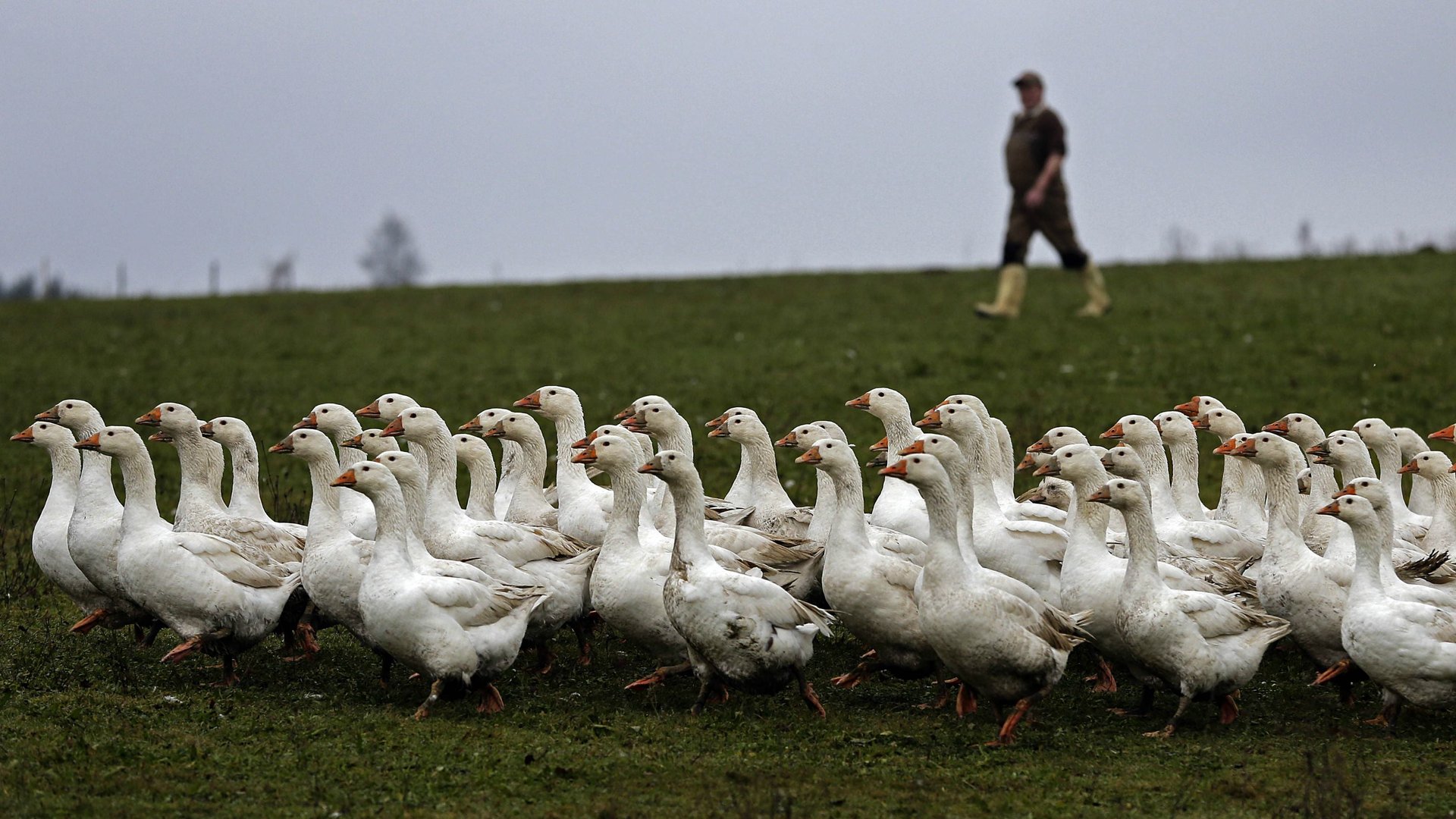

In the earth’s northern hemisphere, many of us are staring down another blisteringly cold polar vortex this winter. When it comes to coping, a cozy down-filled jacket is one of the most reliable defenses. Stores and websites are filled with options, and many of the deciding factors are obvious: fit, feel, color, price tag.
As we consider these external qualities, it’s easy to ignore what’s filling up these fluffy puffers. Down, lest we forget, comes from ducks and geese; it’s the soft plumage that sits close to the birds’ bodies. We were reminded of this fact earlier this year, when the outdoor apparel company Patagonia highlighted the industry’s ethical problems—that is, the practice of live-plucking (a gruesomely painful process that leaves animals injured, and sometimes dead), and the force-feeding of birds for foie gras. (Down is a by-product of the meat industry.)
So what’s a freezing, feather-less human to do? Start by asking some questions. Just as considerations about animal welfare, the environment, and agriculture affect what we decide to put on our plates, they are increasingly informing our choices about what we put in our wardrobes.
To that end, here’s a quick guide to down outerwear, correlated to eating choices for the already conscientious consumer.
If you want to see an official seal to prove that your salmon was sustainably fished:
A couple of the biggest names in the outerwear industry, Patagonia and the North Face, have created official systems to prove their down is collected and processed in cruelty-free ways.
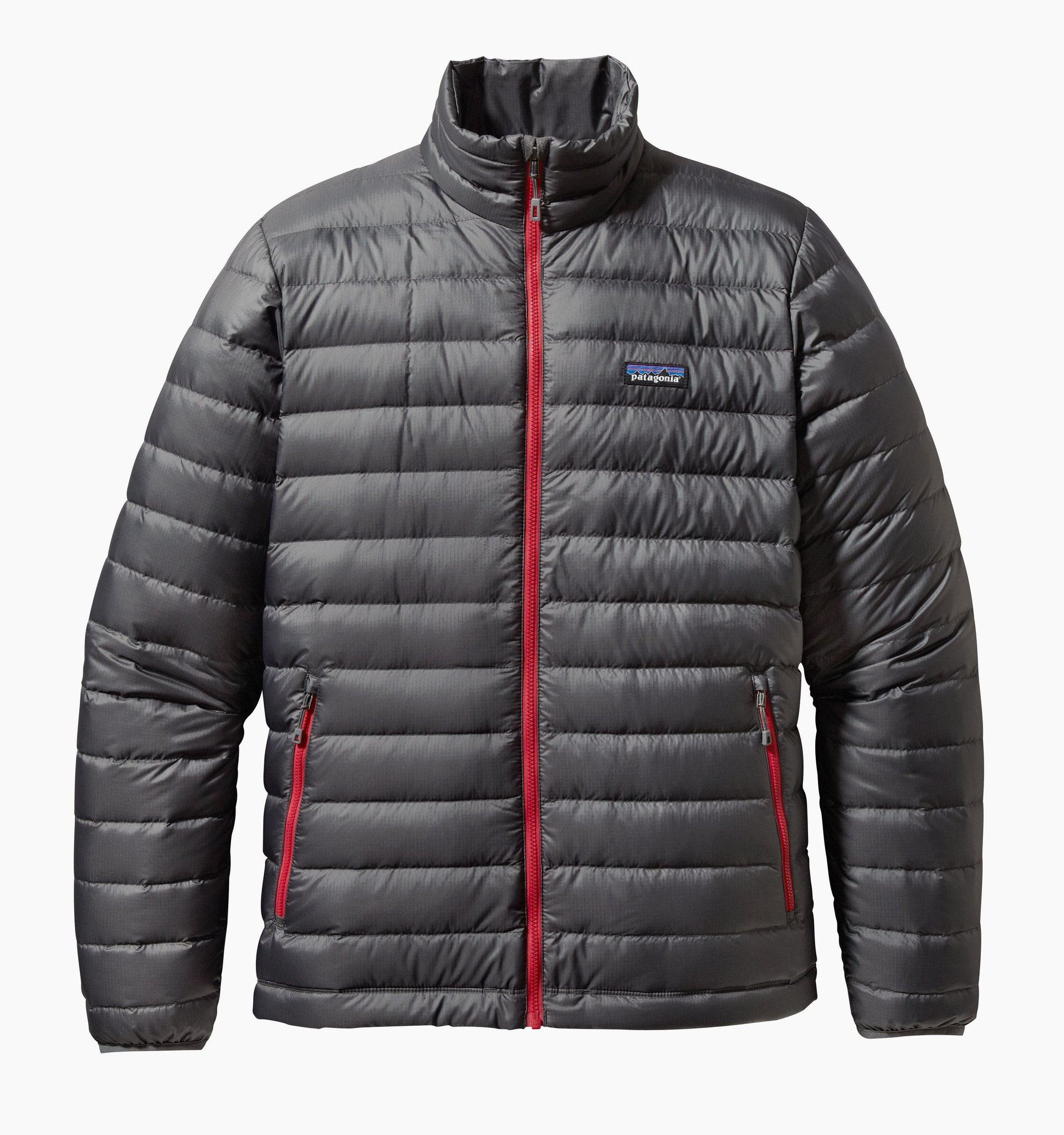
Patagonia recently released its 100% Traceable Down Standard (pdf), with unannounced audits of down suppliers to make sure no birds are live-plucked or force-fed.
The North Face partnered with a third-party certification organization to create the global Responsible Down Standard (RDS), which has since been adopted by mass retailers including H&M, and smaller, indie brands such as the New York-based Isaora.
If you buy free-range meat from the Pennsylvania Dutch at the farmer’s market:
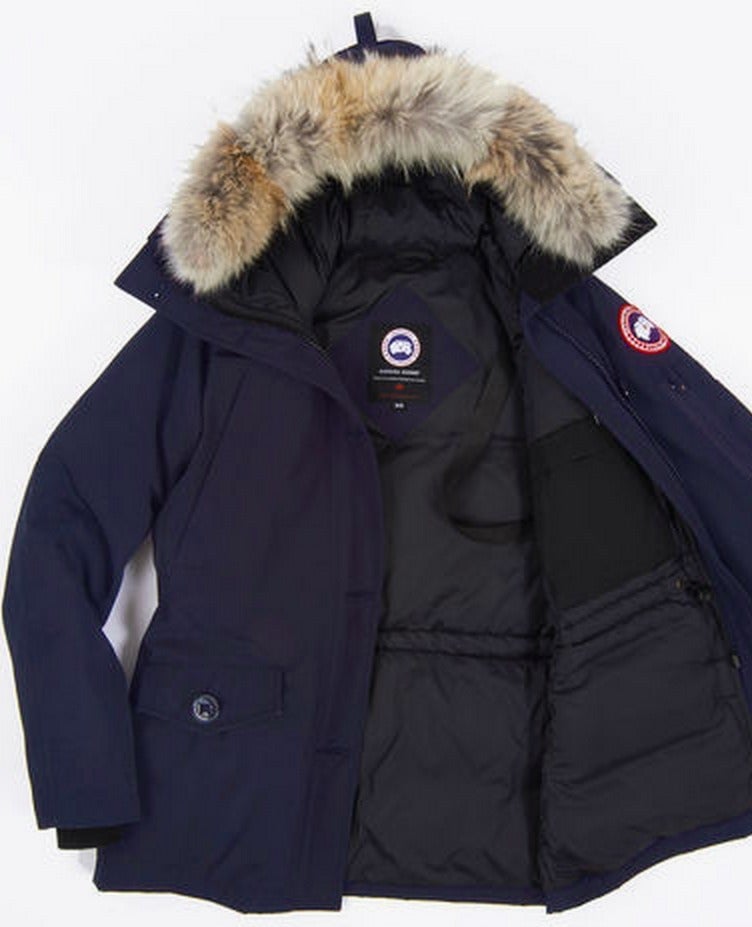
Canada Goose Inc., which sells more than a million down jackets a year, sources most of its down from the Canadian Hutterites, a Christian Anabaptist sect living in the Canadian prairies.
A group that, like the Amish, live apart from the modern world (but are a bit less strict about technology), the Canadian Hutterites have raised free-range geese and ducks in large fields for generations, and eschew painful practices such as live-plucking.
Westcomb, a Vancouver-based outerwear company, sources down from the Hutterites too.
If you trust your supermarket to make good choices, and are just glad the price is right:
Following a fashion model of creating classic styles that would stand long fashion cycles, Uniqlo’s basic down jackets are mainstream in many cities across the globe.
While Uniqlo’s parent company, Fast Retailing, doesn’t specify how its down is collected, its 2013 report (pdf) says that it ”respects the rights of animals, and employs a range of strategies that animals are not harmed at certain stages of procurement and production.”
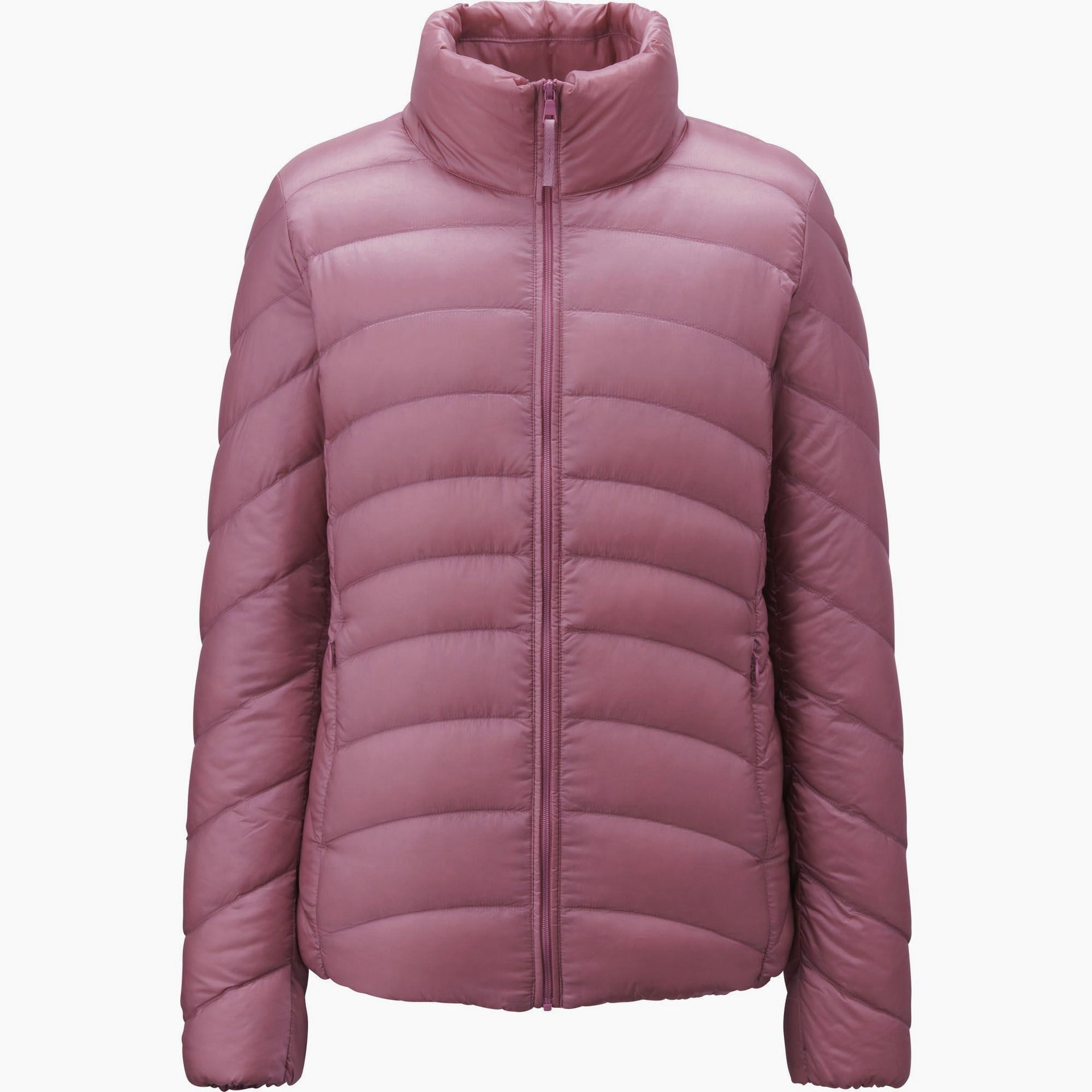
Uniqlo tells Quartz via email that its suppliers are required to sign an agreement to not use down from live-plucked, force-fed birds and the company’s corporate social responsibility (pdf) sourcing team visits suppliers to make sure they follow the agreement.
This is a few steps short of an independently audited system, like Patagonia’s and the North Face’s. And indeed, Patagonia’s more rigorous checking process came about after the company realized suppliers were providing ducks to force-feeding facilities for foie gras production, in violation of their agreement to treat the birds humanely.
But Ai Kanda, a spokeswoman at Fast Retailing says Uniqlo has reason to trust its suppliers. “We maintain a relatively small number of manufacturing partner relationships, which means the volumes for those we have can be quite large, and they have a strong incentive to adhere to our requirements,” she tells Quartz in the email.
In simple terms, Uniqlo’s business is too valuable for its suppliers to betray their trust by cutting corners—we hope.
If you’ll buy an expensive steak, so long as it tastes good:
The luxury coat company Moncler suffered a 6% drop in its share price recently after an Italian television program called Report accused Moncler of using suppliers that live-pluck the geese. Viewers’ reaction to the show, broadcast in Italy at prime time, was swift: 4,300 tweets about the company in one night, 88 percent of them negative.
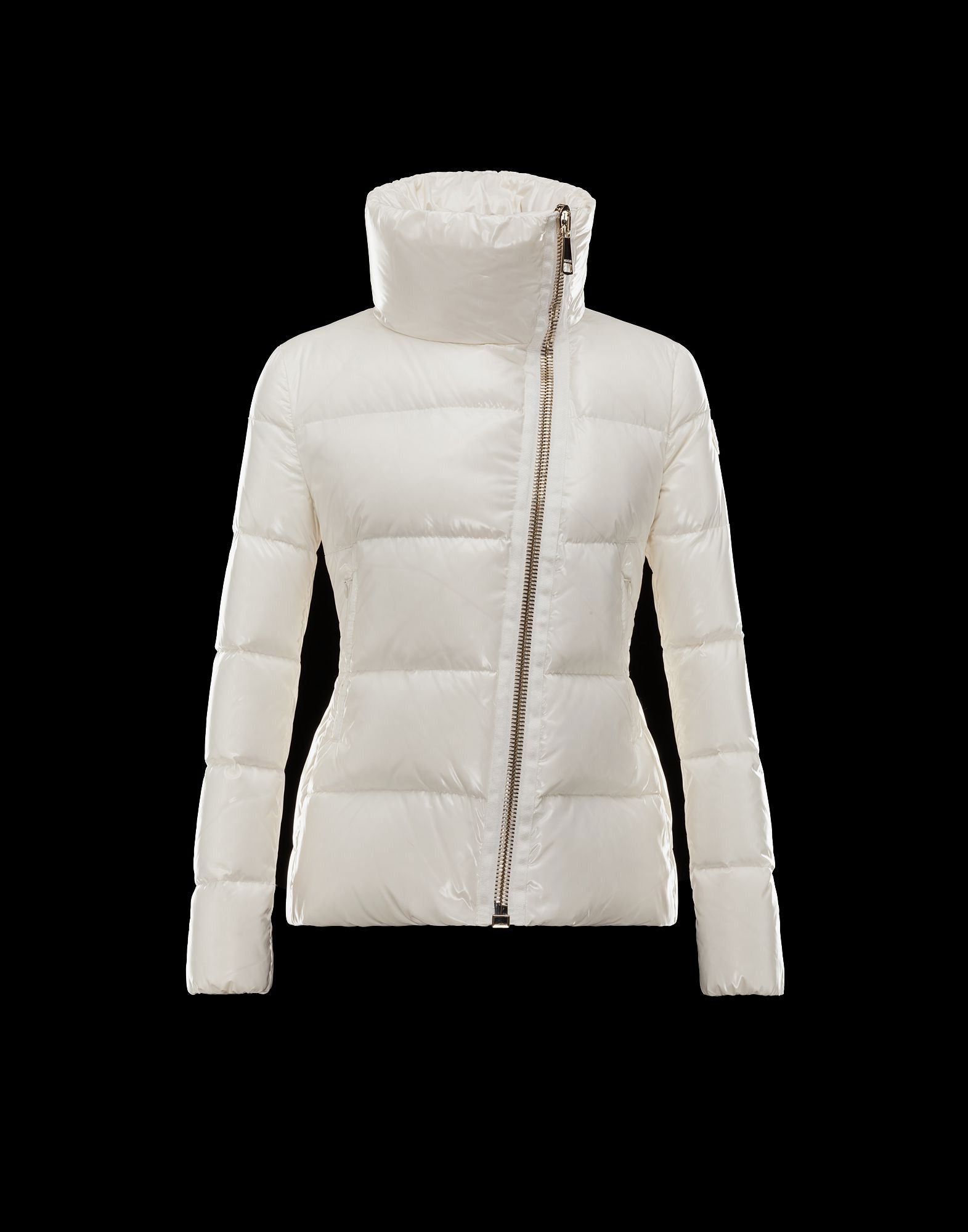
Moncler denied the allegations, saying the program showed mistreatment of birds by suppliers in Hungary while its down comes from Italy, France, and North America. A Moncler spokesman, Ian Limbach, tells Quartz that Moncler requires its suppliers to sign an agreement stating they will only pluck down feathers after the birds have been slaughtered for meat.
The company is also in the process of creating a down traceability standard which it plans to complete in 2015, Limbach said. Still, for a fashion-forward brand that’s been around for decades, Moncler seems a bit behind the curve here.
And, if you’re vegan:
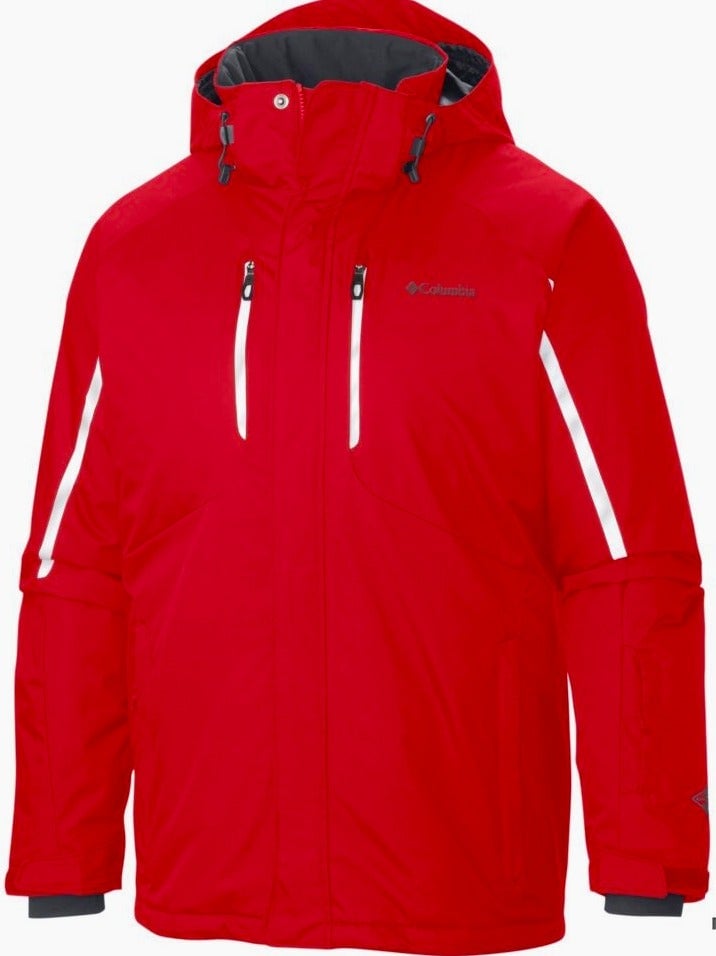
Many brands, including Columbia, Patagonia, and Zara, have synthetic options when it comes to fill for coats.
Coleman Company, which sells outdoor recreational products, decided it would no longer use down in its coats or sleeping bags after learning from People for the Ethical Treatment of Animals (PETA) about inhumane practices in the goose down industry.
Synthetic fibers are generally heavier than down, but also water resistant, hypoallergenic, and cheaper. And they don’t come with the animal welfare baggage—though their manufacturing processes might raise some environmental concerns.